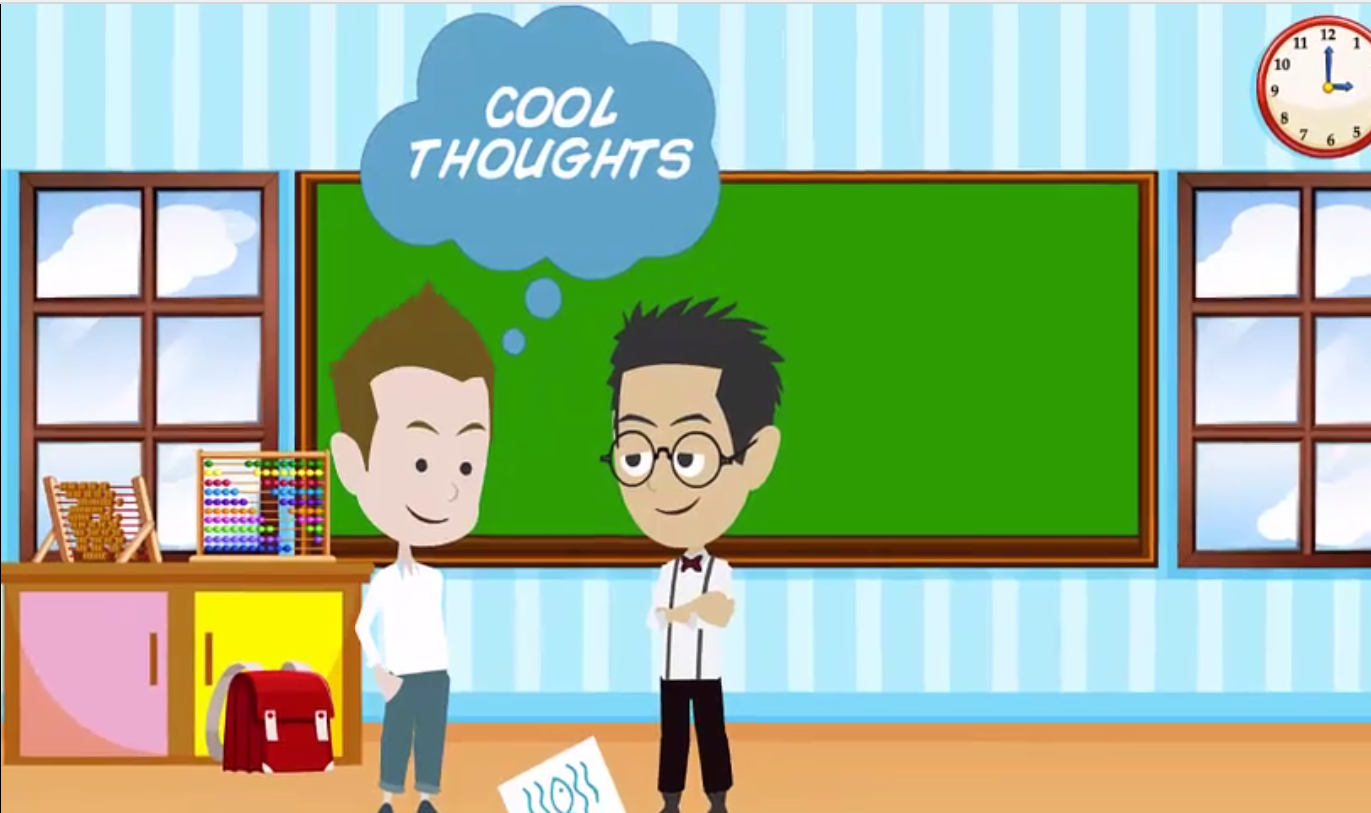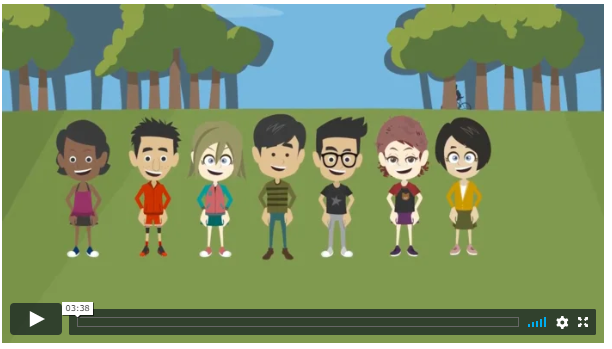Frustrated kids: What research tells us about their thought processes - and how we should work with them
/I was watching an episode of The Good Wife the other night (I know, as usual about a decade behind the times) and there was a discussion about the way some people say “sorry” when they accidentally bump into someone in the stress and others say “hey, watch out!”.
It reminded me of a topic I’ve been doing a lot of thinking and reading about lately – the relationship between cognitive appraisal and attributional style in children and their subsequent behaviour. In other words the way children think about arguments, problems or difficult situations with their peers and the way this influences how they act either angrily or calmly to these problems.
For those who need a quick recap, this area of research started back in 1980 when a few pioneering psychologists (eg William Nasby, Ken Dodge and Nicki Crick in particular) started a series of experiments in which they showed children pictures of or told them stories about hypothetical problems with peers – for example someone getting knocked over in a game – and then asked them to say whether they thought another child had done this deliberately and intentionally or whether it had been an accident.
Read More












